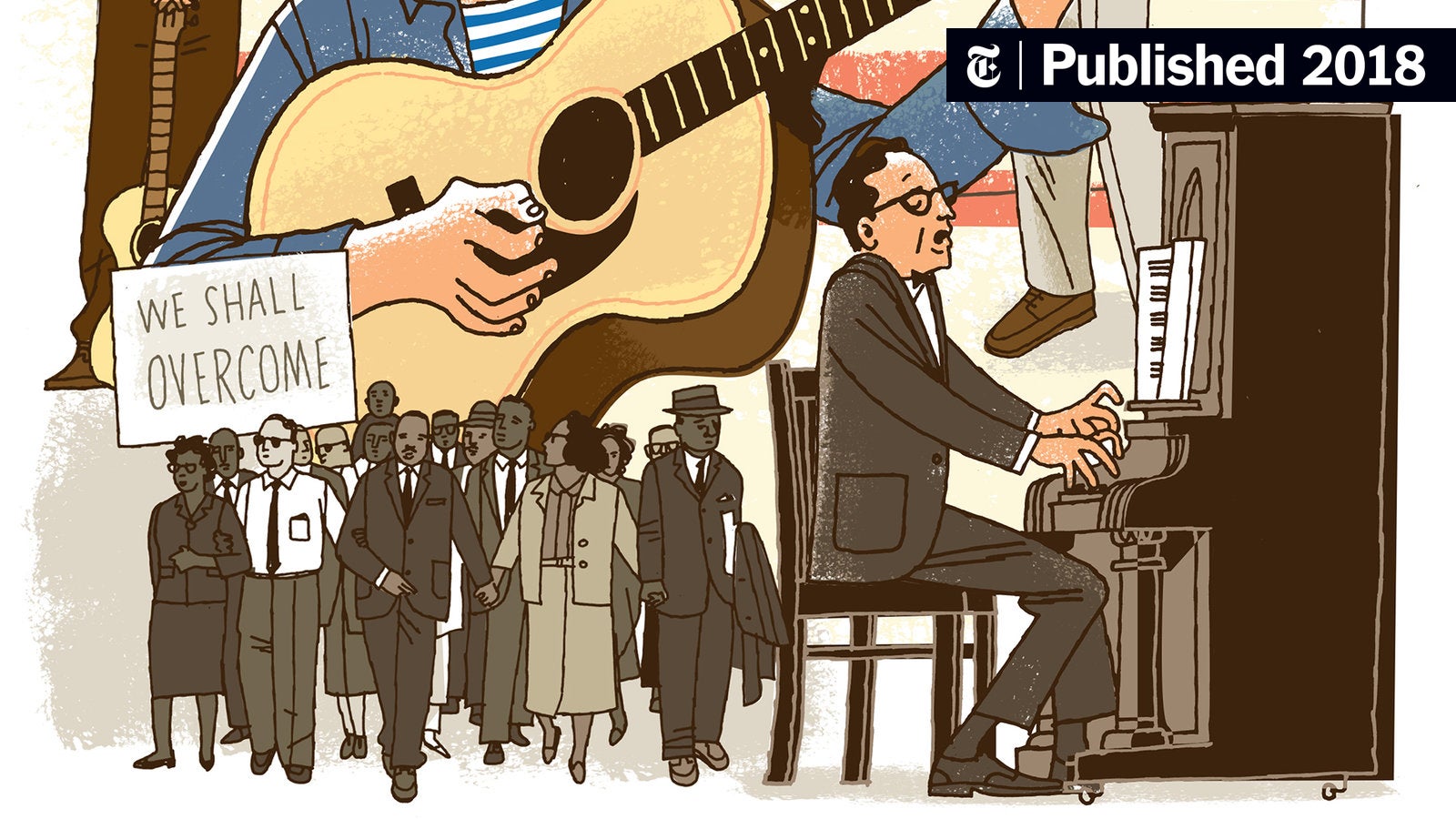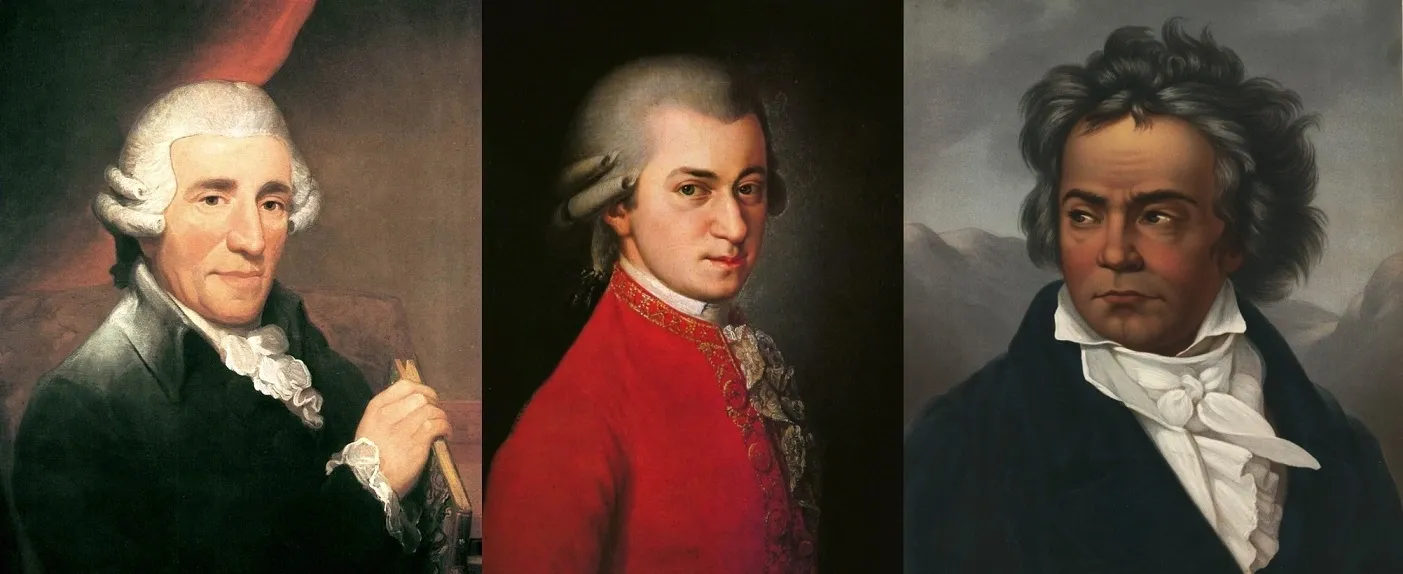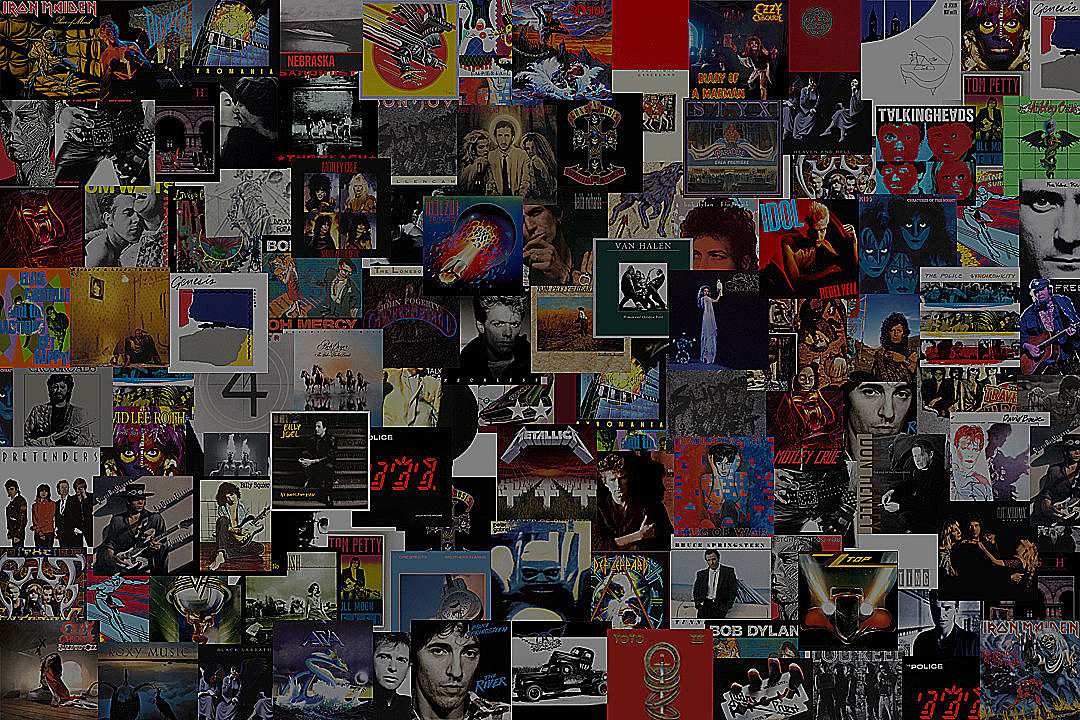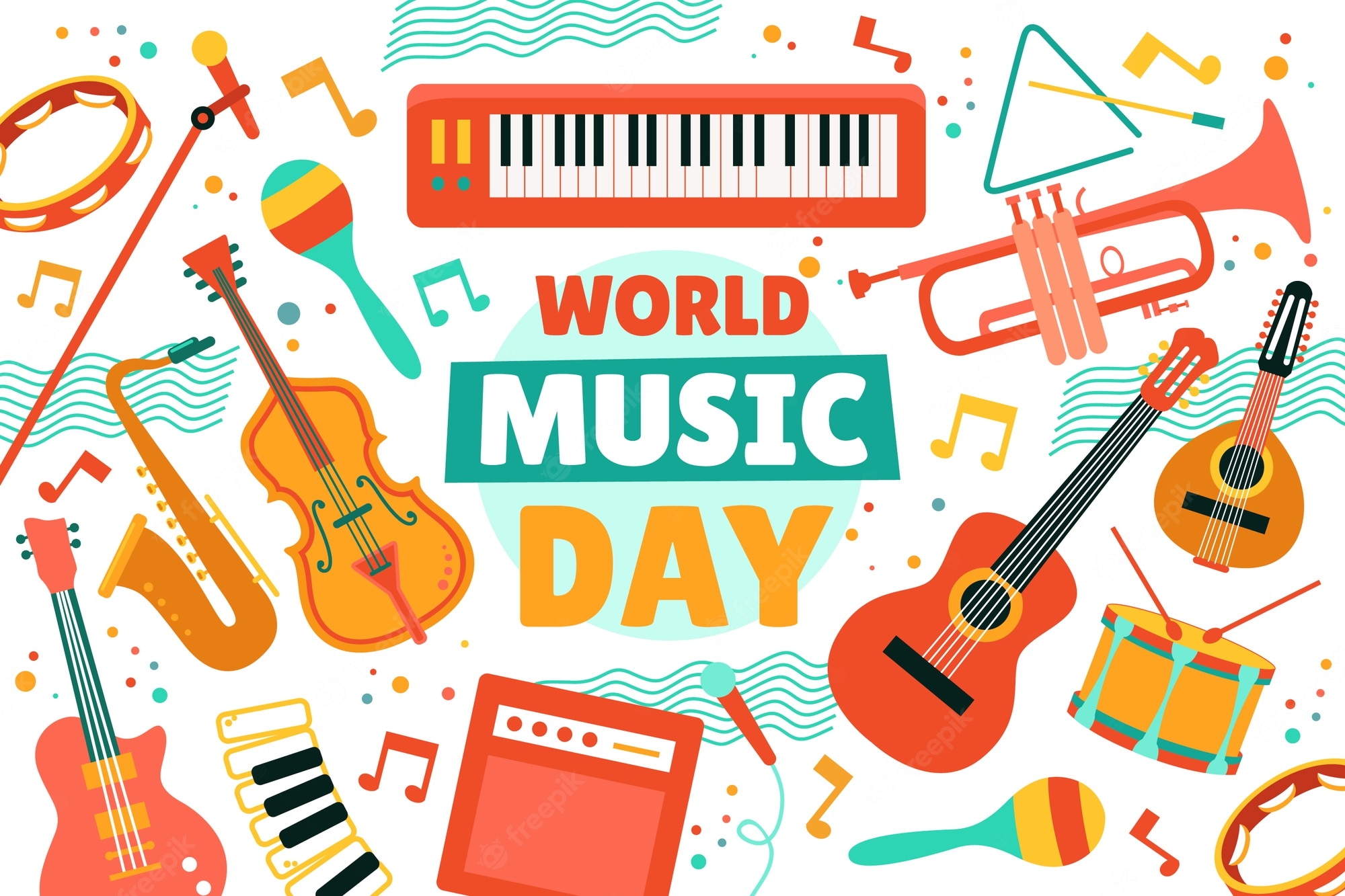By Maria Koulourioti,
How could one describe music to an individual who does not possess the ability of hearing? According to Science, it is the act of combining vocal or instrumental, pleasingly harmonious sounds. Nonetheless, there is much more than a sequence of sounds. It is the art that intends to produce beauty, utter emotion, tell a story, inspire, unite, rebel, all captivate the listener. A frequently referred elucidation is that it is “organized sound”, a term initially brought up by modernist composer Edgard Varèsein, while he thought of music as the sound of living matter. There is no better motive than International Music day to explore and learn about its various forms, its striking evolution through history, and its incomparable effect on humankind.

Beginning with the formation of the International Music Council in 1949, upon request by the Director-General of UNESCO as a non-governmental consultive body to the agency on musical matters. A resolution was passed by the Council in 1973, amid the 15th general assembly, regarding the importance of a day dedicated to music. In 1974, the president of the Council, Lord Yehudi Menuhin selected October 1st to be honored as International Music Day, since he strongly believed this specific art could ameliorate relationships, as well as brigde cultural gaps among the world’s communities. Finally, in 1975, the first International Music Day was celebrated. But how is Music Day celebrated?
People can celebrate in various ways, from organizing events and concerts in public spaces to gathering big crowds to support local musicians. At the same time, they visit institutions to commemorate the great masters, in parallel establishing programs to honor the contributions of their national musicians. The aspect of live music is vital on this day, as people share their musical preferences and are introduced to diverse new genres. At last, the conduction of competitions aims to carry on the legacies of the great musicians, to promote talent, dedication, and most prominently, the performance of the most interactive form of art. Music of numerous cultures congregates harmoniously to perform in front of the audience.
Music has had an irreplaceable position throughout the history of humanity. From the early times, man has constructed primordial flutes from animal bones, using stones and wood. However, the voice would have been the first structural basis of organized sound, as the natural expression of our ancestors to comfort a sleepless child, or even further, form social bonds. Therefore, from these primitive and humble beginnings, we enjoy the modern evolution of music.
The Christian, Roman, and ancient Greek elements govern most notably musical history. In particular, musical practices and conventions held by scientists, musicologists, and even traveling artists indicated remarkable links to the subsequent musical development. According to the Bible, we are informed about the use of instruments that featured in the Roman period, the trumpet, for instance, signifying the characteristics of their culture. On the other hand, the lyre served as a primordial factor in the songs of poets in ancient Greece. The monasteries across Europe merged the use of prayer and music for those who devoted their lives to God. Mutually, India has one of the oldest musical traditions in the world, whilst one of the richest collections of primitive musicalinstruments was found in China, dating back to 7000 BC. Finally, in prehistoric Egypt, chanting was used in magic and rituals, worshiping the goddess Bat with the invention of music.
During Medieval times, the human voice dominates the majority of the compositions. Towards the end of the high medieval period, the advantage of solely instrumental pieces paves the way for the musical heritage of perhaps the most subversive period towards religion, the Rennaissance. A golden period for music history, and free from previous constraints, composers of the Renaissance, like Josquin des Prez, mastered a polyphonic style, combining many voices to enhance their pieces. As the repertoire enlarged by accepting more instruments, we find at the same time the uprising of new musical gear. Italy, Germany, England, and France begin to dominate the musical landscape, each interconnecting with the other regarding conventions and style.

Followed by The Baroque period, (1600-1760), in which we find various of the most well-known composers and pieces of Western Classical Music. Moreover, it holds some of the most important musical and instrumental developments. Haydn and Mozart maintain the scepters once we step into the Classical Period (1730-1820), yet with Beethoven’s immense genius in the later decades, the establishment is overturned. His unattainable contribution during the Romantic Era (1780-1880) through his Sonatas, concertos, and symphonies, is considered unmatched by any other famous composer, thus earning posterity by carving his name onto the first page of musical history.
As we proceed into the 20th Century, the musical scene takes a dramatic turn. The echoes of the Romantic Era are being reborn in the next century through the works of Elgar, Shostakovich, and Arthur Bliss, however, it is the music from France, under the title of impressionism that holds our awe in our musical consciences.
In the modern era, there are more than 1,000 music genres accompanied by the radical changes brought by the birth of rock and pop music, where a single band or artist could be the only thing that brought people in unison.

In the end, on International Music day we are not only celebrating the discovery of music; but also how it affected our lives. “La Marseillaise” was the source of courage for the mass during the French Revolution, serving as the unofficial anthem of the people. Today, it is the official anthem of the new french republic. Amid the events of the Arab Spring in 2010, Egyptian songwriter Ramy Essam, who attended the protests, turned the most emotionally powerful chants of the movement into the song “Irhal”. He took the lead in Tahrir Square as protesters sang along with him, all fighting as one for the end of the regime. During the 90s, when Serbia was heading toward totalitarianism, Radio B92 became the sole source in the country for non-government-controlled news.
Undoubtedly, one thing we can learn through these historical events is that music possesses great power, to either create oppression or bring freedom. On October 1st, we should remember the musicians and everyday people who choose to keep fighting for justice using art. It is up to us to decide how we use our voices, and what songs will be documented on our soundtrack. As said by Stevie Wonder, “Music is a world within itself. It is a language we all understand”.




